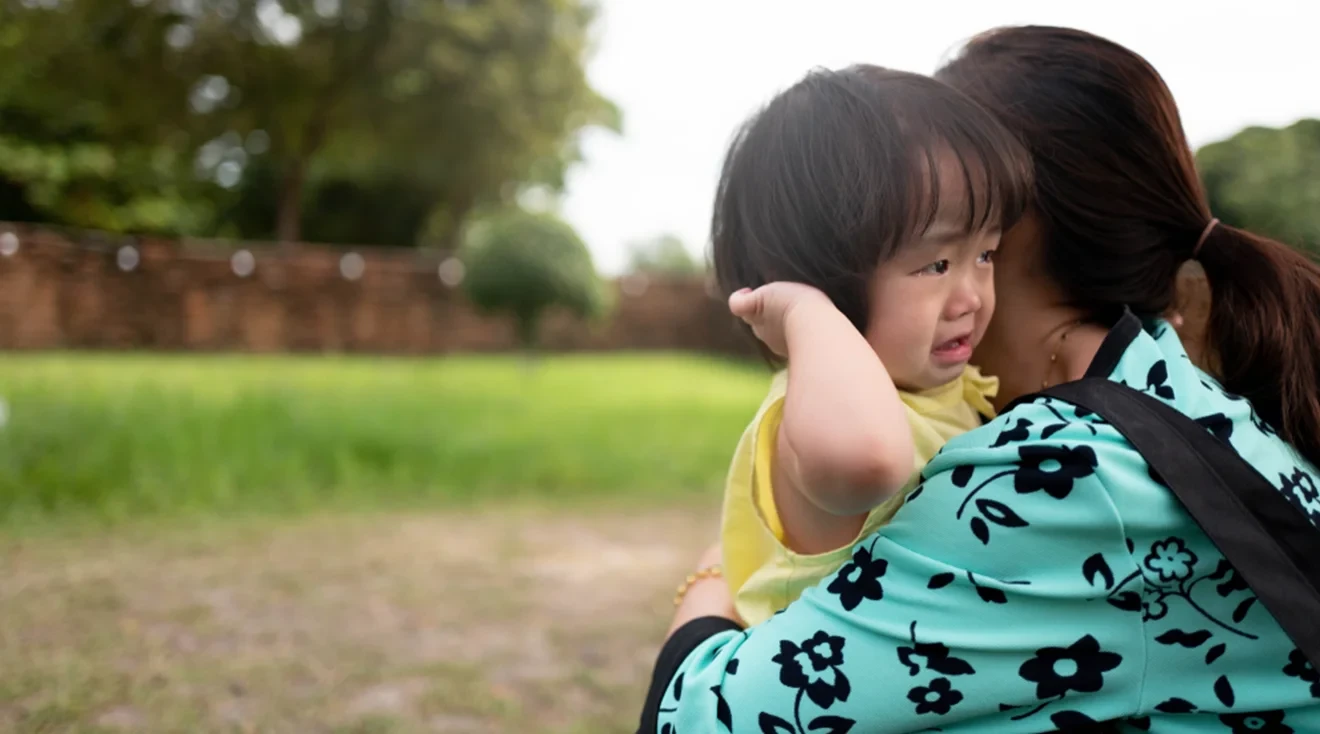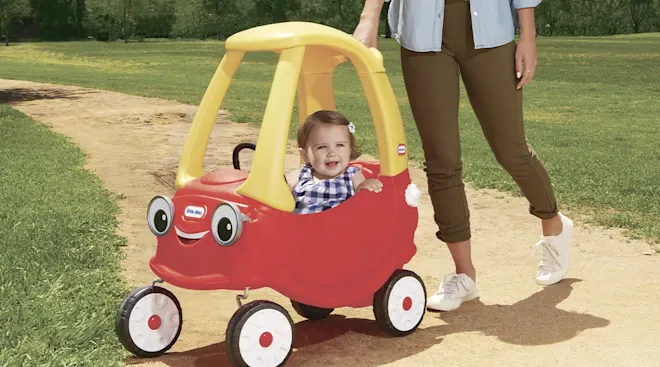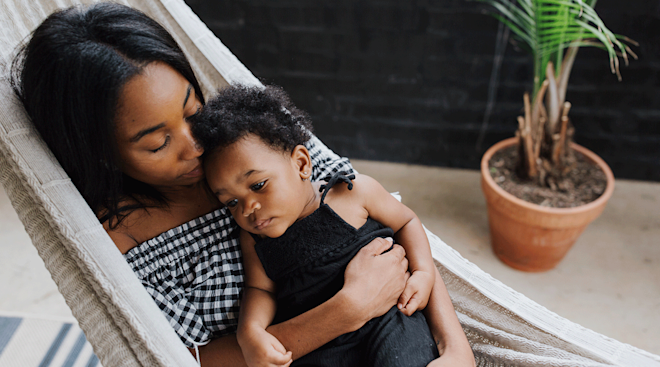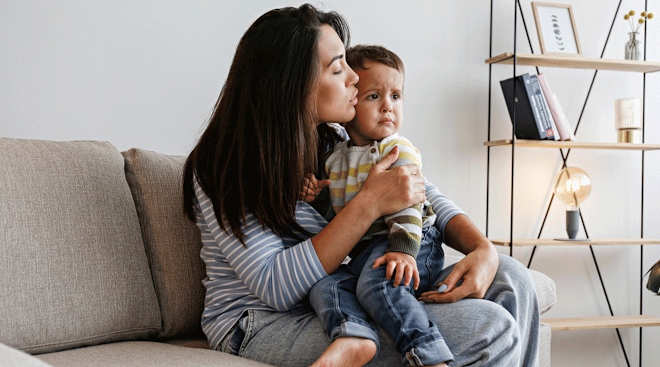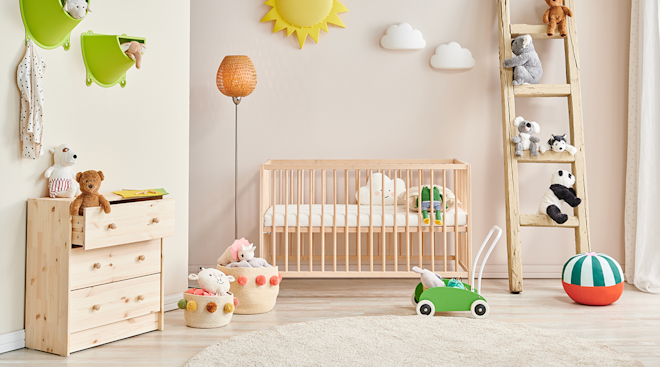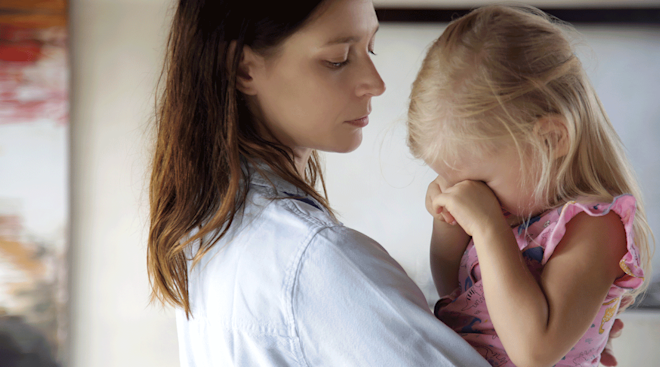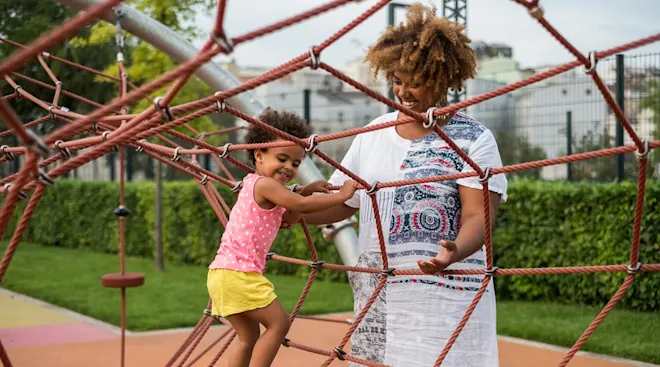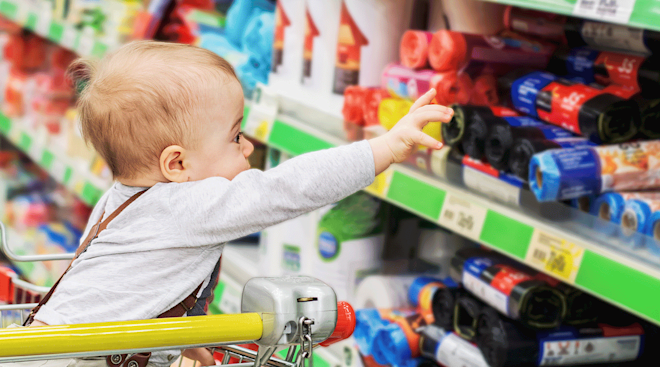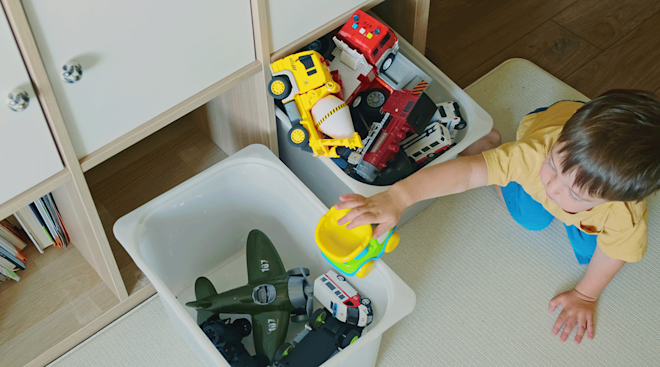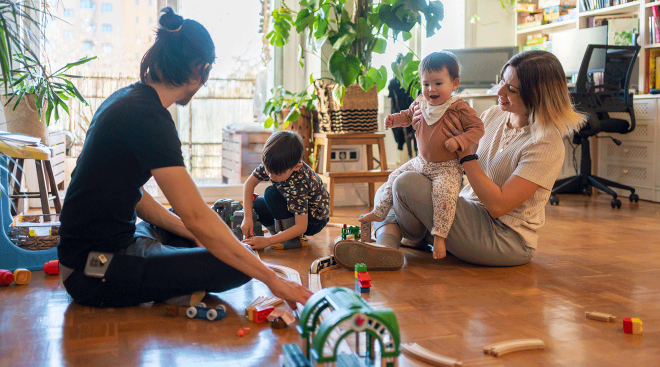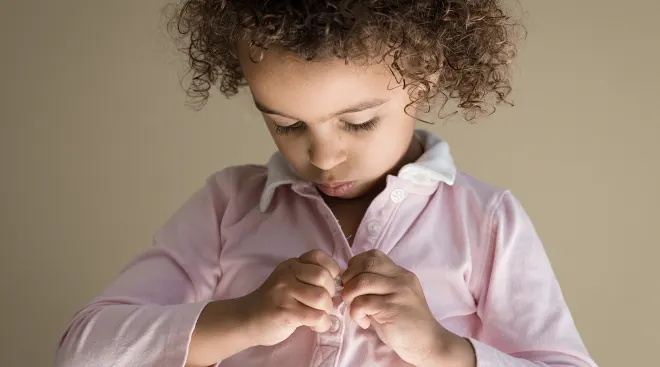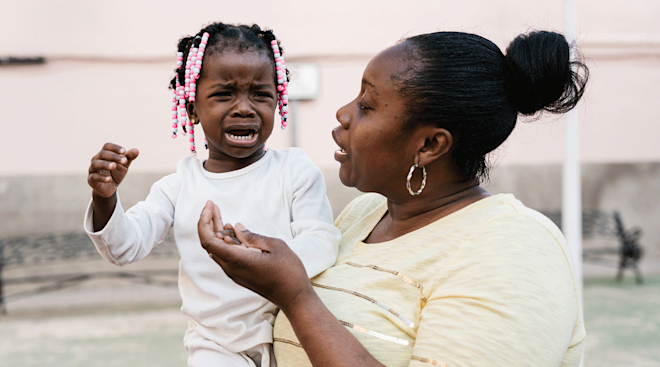“Terrible Twos” May Be Preventable With This Parenting Technique, Study Finds
All parents are familiar with the term, “terrible twos”—that period in time where your toddler is suddenly always frustrated, on the verge of a tantrum and resistant in their behavior. While many think the “terrible twos” may be inevitable, one 2020 study looked at the link between a parenting technique called autonomy support at 14 months and behavioral issues at 24 months, finding that the two are linked.
Autonomy support, as defined by the study, is a flexible method of parenting that places the emphasis on the child taking the lead on the task at hand. As they do this, parents are encouraged to watch their child and accordingly adjust how they may be responding to the task.
The study, published in the journal Developmental Science, looked at data from more than 400 expectant couples from the East of England, the Netherlands, and New York State. The couples were visited when their child was 4 months, 14 months and 24 months. During each of these visits, the researchers also filmed the parents interacting with their child as they completed specific tasks. The researchers then rated the level of support parents gave the child during each interaction, as well as the child’s temperament and behavior.
One task included having the kids put animal cutouts into the right place. The researchers noticed some parents were anxious about their child getting it right and helped out often, while others who noticed the task was too difficult allowed their child to go at their own pace.
“We had some children who took two animal pieces from a wooden farm puzzle and started clapping them together, and making a game out of the fact that they made a clapping noise. Here, parents might respond by encouraging the child to make animal noises that match the animals being clapped together,” joint first author of the study Dr. Rory Devine, of the University of Birmingham’s School of Psychology, stated in a news release. “Autonomy supportive parenting is about being flexible, following a child’s lead, and providing just the right amount of challenge.”
The researchers found that parents who had a more flexible approach to their child’s learning development may have been able to minimize any behavioral problems their child had as a toddler. Of course, the researchers admit it isn’t always easy for parents to allow a child to be in control in the way autonomy parenting sometimes demands. They also acquiesce that the link between autonomy parenting and “terrible twos” only applied in children that, as babies, had been generally happier and adapted to routines and other new things easily. The researchers also found that kids with a high level of self-control at 14 months were less likely to exhibit behavior problems at 24 months.
“It’s not about doing everything for your child, or directing their actions. It’s more of a to-and-fro between parent and child. Parents who do best at this can sit back and watch when they see their child succeeding with something, but increase support or adapt the task when they see the child struggling,” Professor Claire Hughes, deputy director of the Centre for Family Research at the University of Cambridge, and joint first author of the study also stated in the release. “If you’re blessed with a happy baby, then you can get them through the ‘terrible twos’ without things getting too bad or lasting too long, by being flexible about the way you play with your child between the age of 14 and 24 months. A puzzle game, for example, can turn into quite a different game if you allow your child to take the lead.”
The study found that the link between function at 14 months and reduced issues with behavior at 24 months held up even when they controlled other variables, such as language skills and the quality of mother-child interactions. But, in the news release, they accounted for the difficulties parents and toddlers may have experienced during the pandemic. Their belief is by letting go of any expectations they may have around their child achieving specific goals during play and learning, parents can help to prevent to some extent the “terrible twos.”
“As we cope with the upheavals of being in lockdown, we’re having to be patient with ourselves in so many ways. Parents particularly need to be more patient with the toddlers who found life a bit more challenging, even in ordinary times,” Hughes said in the release.
Navigate forward to interact with the calendar and select a date. Press the question mark key to get the keyboard shortcuts for changing dates.

































